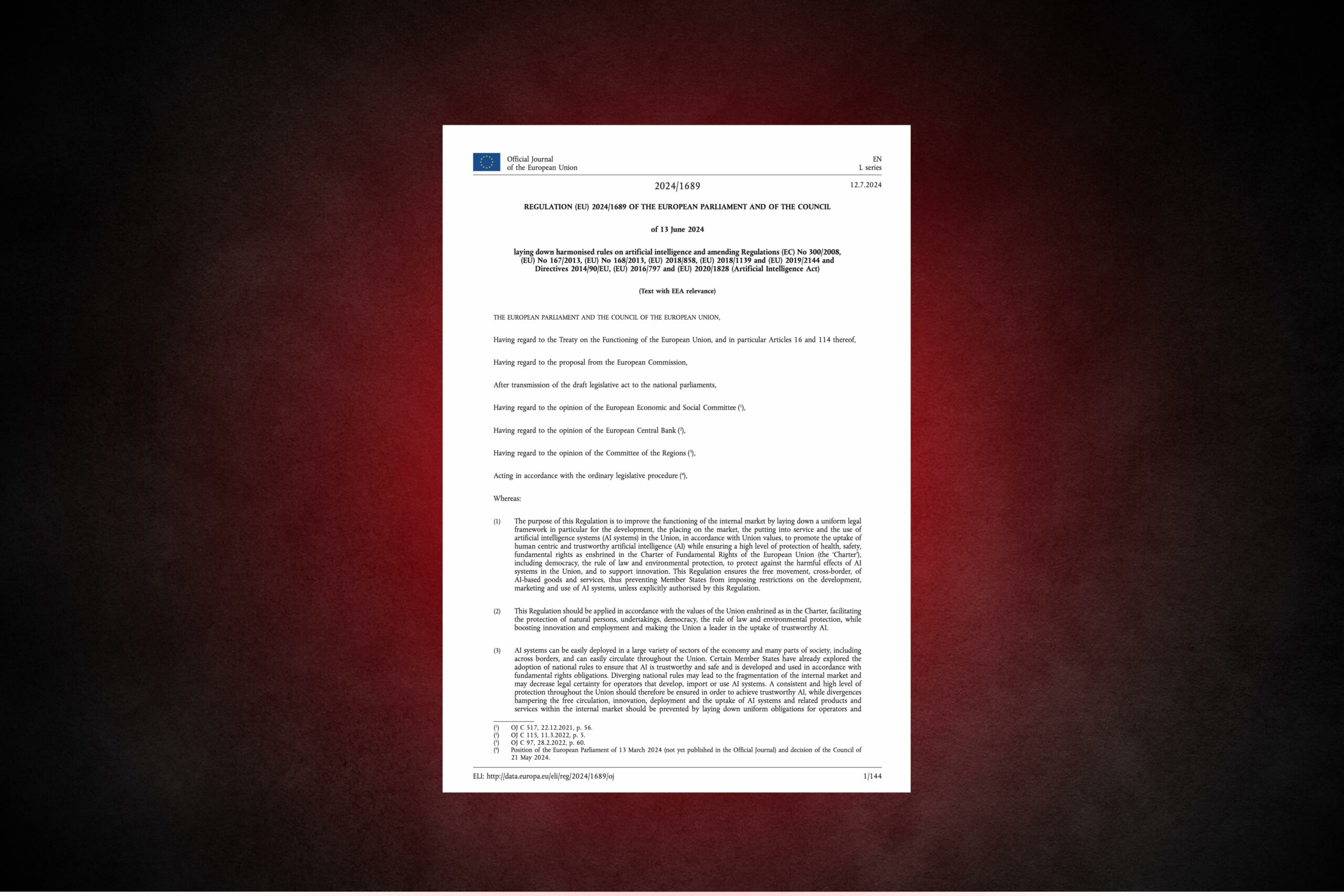It’s Christmas time, it’s time for a little humor (isn’t it?! no? really? oh comonn!). Yeah, innovation is overrated (…). Competition authorities should kill it, here are the ten forty commandments on how to process (on how they do… sometimes?). We don’t really know how innovation is created anyway, it emerges, it’s mysterious. But we do know how to prevent it, so here we go:
The basics
(always start here)
- Regulate what you don’t (really) know
- Prohibit what you don’t (really) understand
- Reduce legal certainty (nothing is certain anyway)
- Exclude economics from the legal science (because it’s quackery)
The procedure
(be clever)
- Do not pay attention to type I errors (they are fake news!)
- Multiply (legal and illegal) per se rules… and therefore type I and II errors…
- … or, use the error-cost « framework » as a phony scientific methodology to reach a particular goal
- Do not recognize that markets have a comparative advantage over courts in taking care of false negative
- Do not recognize that anticompetitive harm is only a necessary – never a sufficient – condition for antitrust intervention
The sneaky part
(feign indifference)
- Do not publish guidelines on important topics
- Publish press releases but NOT the actual sanction (or wait 6 months…)
- Conduct an ordo-liberal/structuralist policy (it’s based on grounded evidence, Schumpeter and Arrow both say…)
- Protect less performing competitors (aka “market structure”, again)
- Apply old concepts to new situations, no matter what (“essential infrastructure” on data, “special responsibility” on dominant firms even though they are brand new start-ups on a niche market)
- Impose commitments for which it is impossible to know the long-term effects (it’s a bit like getting the name of your first hamster tattooed, without realizing the long-term consequences.)
Article 102
(don’t neglect the bad guys)
- Affirm that algorithms are mean (they are bad persons)
- Do a static analysis of practices (dynamic analysis is overrated anyway)
- Only consider price predation strategies (stuck with the Chicago boys)
- Do not integrate disruptive innovations into the analysis of domination
- Consecrate the « balancing test » for evaluating the effects of a practice (it works so well & it’s so easy to implement)
Mergers
(think big)
- Say that “big is bad” without being able to prove it
- Say that “small is wonderful” without being able to prove it as well
- Presume, but presume only, that higher firm concentration leads to lower innovation
- Do not really consider efficiency in mergers…
- … but, prohibit mergers when they lead to a reduction of innovation in a given industry « as a whole » (which you cannot prove, sure, but who cares)
- Also prohibit mergers – or impose commitments – for strict political reasons
Fairness
(it’s 2017, wake up, “social justice” man)
- Assign to antitrust law the objective of promoting equality (also known as… « fairness »)
- Recognize the obligation for dominant companies to help their competitors (also known as……. « fairness »)
- Impose an obligation to grant access to private networks (in other words, reduce post-innovation profits)
- Impose product interoperability, always, under all circumstances…
- … and thus, favor one type of innovation (sustaining innovation) over another one (disruptive innovation) because it is fairer to existing companies operating on “old” markets
Bonus
(not for losers)
- Never forget, you know better
- Deliver a massive number of patents, really, do not count them
- Said that because one modification made on a product improves it, all other simultaneous modifications are legal de facto (even though you know they are anti-competitive)
- Do not read Hayek, ever
- Do not appoint competition law specialists to regulatory bodies (but politicians)
- Judge policies and programs by their intentions rather than their results
- Forget empirical evidence, it’s too boring
- Yield to populism, yes, even in competition law matters
- Above all, make competition law a mere political tool!
*******
You have other ideas on how to kill innovation? Let me know, let’s make it the “fifty commandments”, or even better, the “one hundred commandments”.
More seriously, here’s how innovation is (also) killed…
Predatory Innovation: The Definite Need for Legal Recognition
(hint: by not recognizing a specific regime to predatory innovation…
download the paper and see for yourself! 😉








